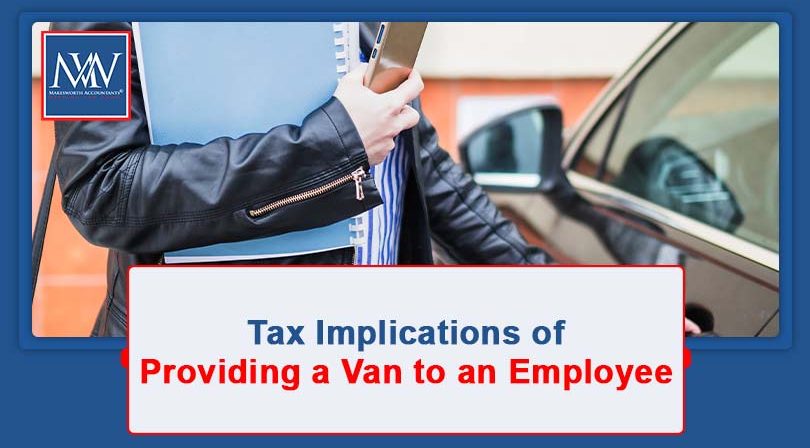
Tax Implications of Providing a Van to an Employee
Understanding Benefits in Kind (BIK)
Benefits in kind (BIK) refer to goods and services provided to employees (or their family members) either for free or at a significantly reduced cost. The nature of these benefits and how they are provided can influence the tax and National Insurance Contributions (NICs) to be paid and the reporting requirements.
Private Use of a Company Vehicle
An employee using a company vehicle for private purposes creates a taxable BIK. The benefit amount depends on the type of vehicle and fuel. Generally, the tax charge for the private use of a van is lower than that for a car (and can be zero in certain circumstances), making an employer-provided van a cost-effective alternative to a company car.
Determining if it’s a Car or a Van
According to HMRC, a company van is defined as a “mechanically propelled road vehicle that is a goods vehicle (primarily designed for carrying goods or burdens) with a design weight not exceeding 3,500 kg.” This definition stands regardless of how the vehicle might be classified for other purposes, such as road tax or VAT. HMRC guidance (EIM23110) emphasizes that the vehicle’s actual use is irrelevant; the key factor is its construction.
The Coca-Cola v HMRC Case
The case of Coca-Cola v HMRC [2020] addressed whether crew cab vehicles (with a second row of seats for more passengers) were cars or vans for BIK purposes. Coca-Cola contended these vehicles were vans, while HMRC classified them as cars. The Tribunal ruled in HMRC’s favor, as the vehicles provided substantial passenger accommodation, indicating their primary purpose was not for carrying goods.
Restricted Private Use
If a van is mainly needed for an employee’s job and is not used for private purposes beyond commuting between home and workplace, it qualifies for the ‘restricted private use’ exemption. Private use outside of commuting incurs a fixed BIK charge, usually lower than that for cars, making the provision of vans a practical option for employers.
Tax Charges For Company Vans
For the 2024/25 tax year, the standard scale charge for a van emitting CO2 is £3,960 annually. This amount is taxed at the employee’s marginal rate: £792 for a basic rate (20%) taxpayer, £1,584 for a higher rate (40%) taxpayer, and £1,782 for an additional rate (45%) taxpayer. Employers also pay Class 1A NIC at 13.8% on the benefit’s value, totaling £546.48. If the employer provides fuel, a flat rate benefit of £757 applies. Zero-emission company vans incur no BIK charge, allowing them to be used tax-free for unrestricted private use.
Practical Considerations
To avoid BIK charges on company vans, a formal agreement prohibiting significant private use should be in place. Additionally, the company must inform its motor insurance provider that the van will be used for work and incidental personal use.
References
- s115(1) ITEPA 2003
- Coca-Cola v HMRC [2020] EWCA Civ 889
For more information, Book a Free Consultation
Need Accountancy Support?
For information on bespoke training, or if you have any other questions for Makesworth Accountant, please fill in your details below
















 151
151